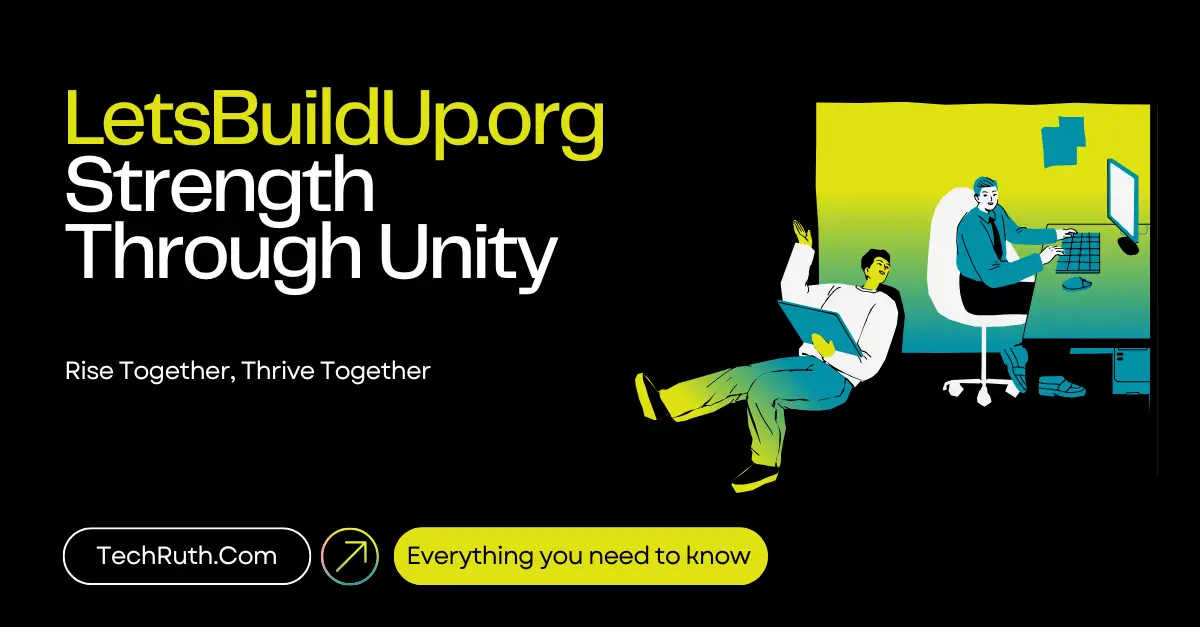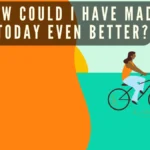It’s a quiet morning in a small village somewhere in Rajasthan. The sun has just come up, and a group of women are setting up chairs under a neem tree. It’s not a religious gathering or a wedding preparation. It’s a meeting — one that could change their community’s future.
A year ago, these women were strangers. Today, they are working on launching a cooperative that will give them the income and confidence they’ve never known. And behind that spark of change is a platform you probably haven’t heard of — LetsBuildUp.org.
It doesn’t advertise on billboards. It doesn’t have a billion-dollar foundation backing it. But it has something more powerful — belief in people. That’s what makes it different.
What is LetsBuildUp.org?
At first glance, it looks like a nonprofit. But it’s not just that. It’s a platform, a process, and in many ways, a philosophy.
LetsBuildUp.org is built on a simple but bold idea: The people who live in a community know best what their community needs. They just need the tools to act on it.
This platform helps them do just that. It gives locals a way to:
- Organize around problems
- Access practical training
- Connect with mentors and supporters
- Build solutions — together
In short, it doesn’t lead the way — it walks beside people as they lead themselves.
Why This Approach Matters
Here’s something most people don’t realize: a lot of social development work fails not because of a lack of money — but because of a lack of listening.
Traditional aid often works top-down. Governments or NGOs come in with ready-made programs. They mean well, but they rarely understand the ground realities.
Let’s say an organization donates 100 sewing machines to a village. But nobody there has electricity during the day. Or the market is already flooded with tailors. What happens then? The machines gather dust.
Now imagine if the same village was asked, “What’s your biggest challenge right now?” Maybe the answer would be access to drinking water. Or storage for perishable farm goods.
LetsBuildUp.org starts by asking questions, not handing out solutions.
How It Works — Step by Step
Let’s break down the process, using real-world logic instead of fancy jargon.
Step 1: A Local Need Arises
A group of people — maybe farmers, students, mothers, shopkeepers — realize they’re struggling with something. It could be poor drainage, lack of schoolbooks, or unplanned waste dumping.
They reach out to LetsBuildUp.org, usually through a local volunteer or via mobile.
Step 2: Listening and Mapping
Instead of sending experts from elsewhere, LetsBuildUp.org works with someone from the region — a local organizer who speaks the language, knows the culture, and understands how things work.
They sit down with the community. Not just leaders, but everyone. They talk. They listen. They take notes. This isn’t a formality — it’s the foundation.
Step 3: Co-Creating a Plan
Now the community works with the platform to create a plan — together. No templates. No copy-paste solutions.
They figure out:
- What skills already exist?
- What’s missing?
- Who can help?
- What can they do themselves?
They don’t just focus on what’s wrong. They also list their strengths — people, spaces, tools — and build from there.
Step 4: Training, Resources, Support
Here’s where the platform steps in with what it does best:
- Offers online or in-person training (depending on the location)
- Connects the community to small donors or crowdsourcing
- Pairs them with a mentor who has done something similar
- Helps with documentation, permits, budgeting, etc.
Step 5: Building and Growing
Once things are in motion, the real work begins. Whether it’s planting trees, fixing roads, building rainwater systems, or running after-school classes — it’s the community doing it, not outsiders.
The platform watches quietly, stepping in when asked.
Real Stories That Speak Volumes
Let’s forget numbers and reports for a moment. Let’s just talk about people.
1. The Book Bus – Bihar, India
In 2021, a group of college students in Gaya realized many rural children around them had no access to storybooks. Textbooks were there, but nothing to inspire them.
They didn’t want to build a library — they couldn’t afford it. So, with LetsBuildUp.org’s help, they converted an old minivan into a mobile library. It now visits 22 villages, twice a week, and lends books for free.
They didn’t get a grant. They ran a small crowdfunding campaign, trained volunteers, and started small. Today, they’ve got over 300 kids reading regularly.
2. The Waste Warriors – Nairobi, Kenya
Plastic pollution had made one Nairobi neighborhood nearly unlivable. Tired of waiting for municipal action, a local youth group partnered with LetsBuildUp.org to start a composting and recycling station.
They didn’t know much at first — but they learned. Within six months, they were turning waste into fertilizer and creating part-time jobs for women and teens.
The Human Element
What makes this platform truly special isn’t its tools or methods — it’s the tone. The way it respects people’s dignity.
Nobody is called a “beneficiary.” They’re called partners, leaders, creators. That shift in language changes everything.
When people stop seeing themselves as helpless and start seeing themselves as capable — magic happens.
A mother of four starts her first community kitchen. A dropout teenager organizes tree planting drives. A retired teacher begins adult literacy classes.
It doesn’t look glamorous. It doesn’t go viral. But it works.
Why It Works When Others Fail
- It doesn’t assume — it asks.
- It doesn’t impose — it collaborates.
- It doesn’t lecture — it listens.
- It doesn’t make people dependent — it makes them stronger.
If that feels basic, it’s because it is. But simplicity is often what gets ignored in modern development.
How Can You Be Part of It?
This is where it gets personal. You don’t need to be a social worker or billionaire. You just need to believe in people.
Here are a few ways you can contribute:
- Volunteer your skill: Know web design? Fundraising? Accounting? Many communities need help with exactly that.
- Support a project: Even a small donation (like ₹500 or $10) can fund classroom chalk or water filters.
- Spread the word: Share stories. Talk about real grassroots efforts. Not all change needs celebrity ambassadors.
A Final Thought
We live in a world where headlines are often about what’s broken. Poverty. Violence. Climate disasters.
But beneath the surface, there are people quietly building solutions. People who may not speak English fluently, or have degrees — but who understand their land, their neighbors, their struggles.
LetsBuildUp.org didn’t give them power. It simply reminded them they already had it.
So maybe, just maybe, this is how change begins — not with a revolution, but with a conversation under a tree. With a mother teaching her neighbor to read. With a bus full of books.
And with a belief that rising together is better than rising alone.
You may also like: ATFboru – Where Artistic Expression Builds a Stronger Community












